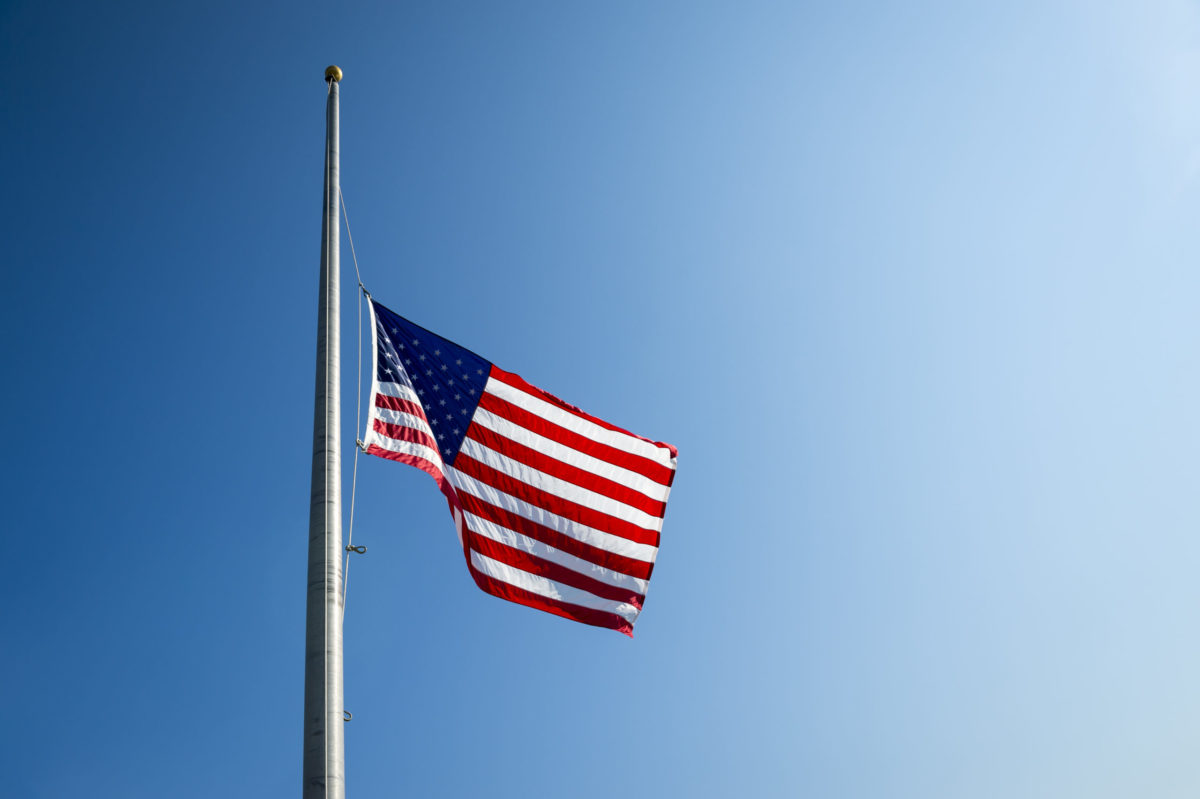The Struggle to Survive in the Pandemic Prison
The mental health strain of increased isolation, only sporadic access to showers, and a lack of programming pushed many over the edge.
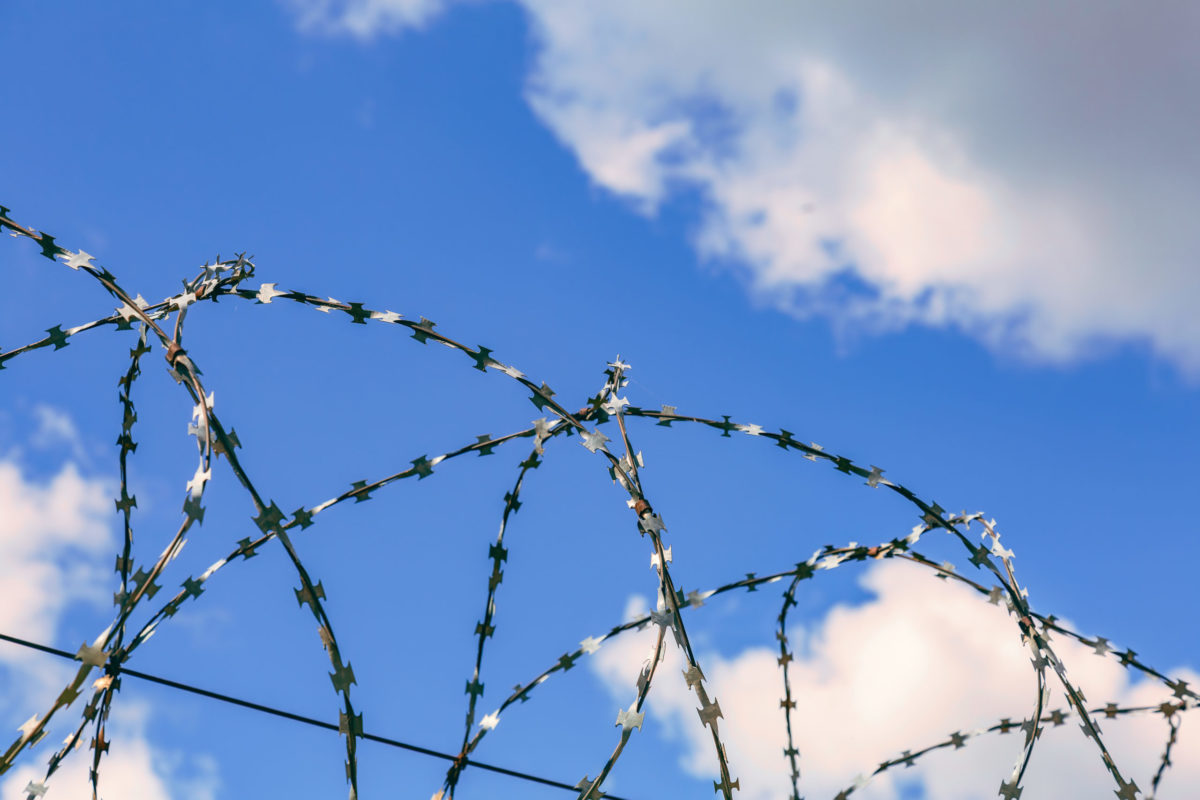
The mental health strain of increased isolation, only sporadic access to showers, and a lack of programming pushed many over the edge.

For over a year prisoners were denied our most fundamental support systems.
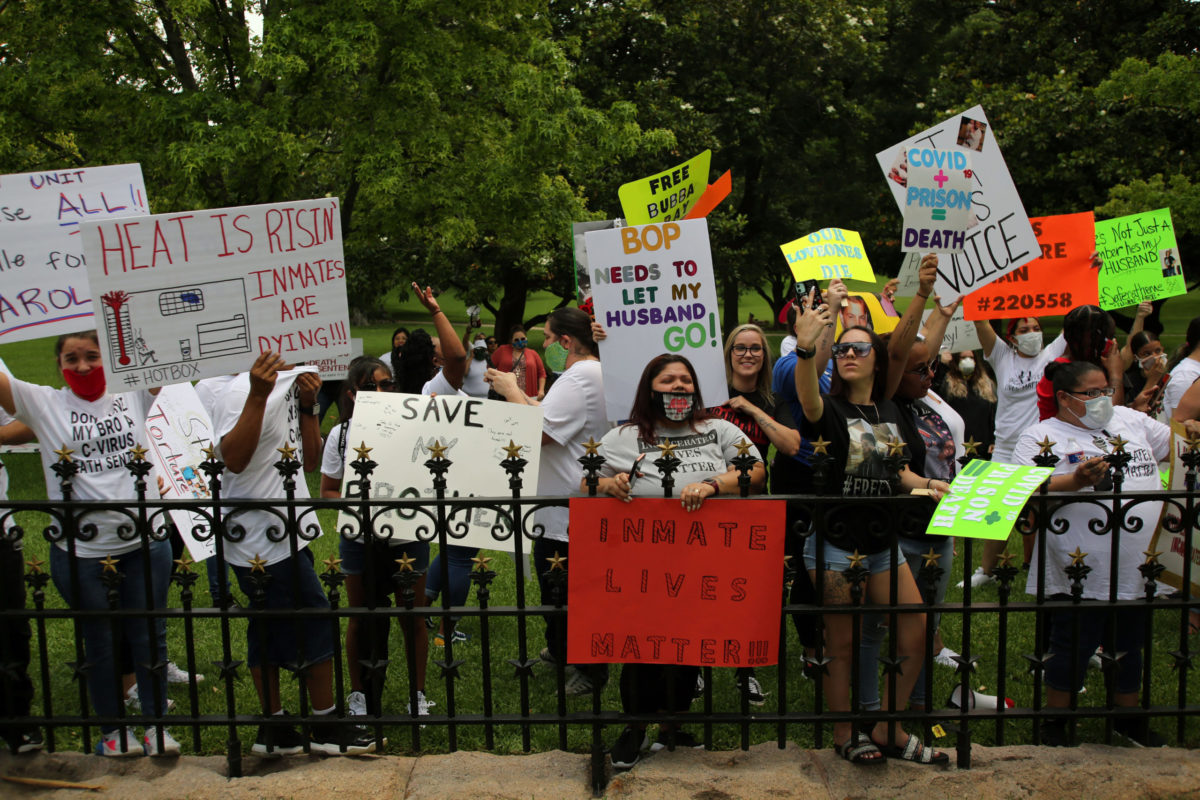
During the pandemic, disability rights have been negotiable and vulnerable to sacrifice in service of the needs of able-bodied, neurotypical people.
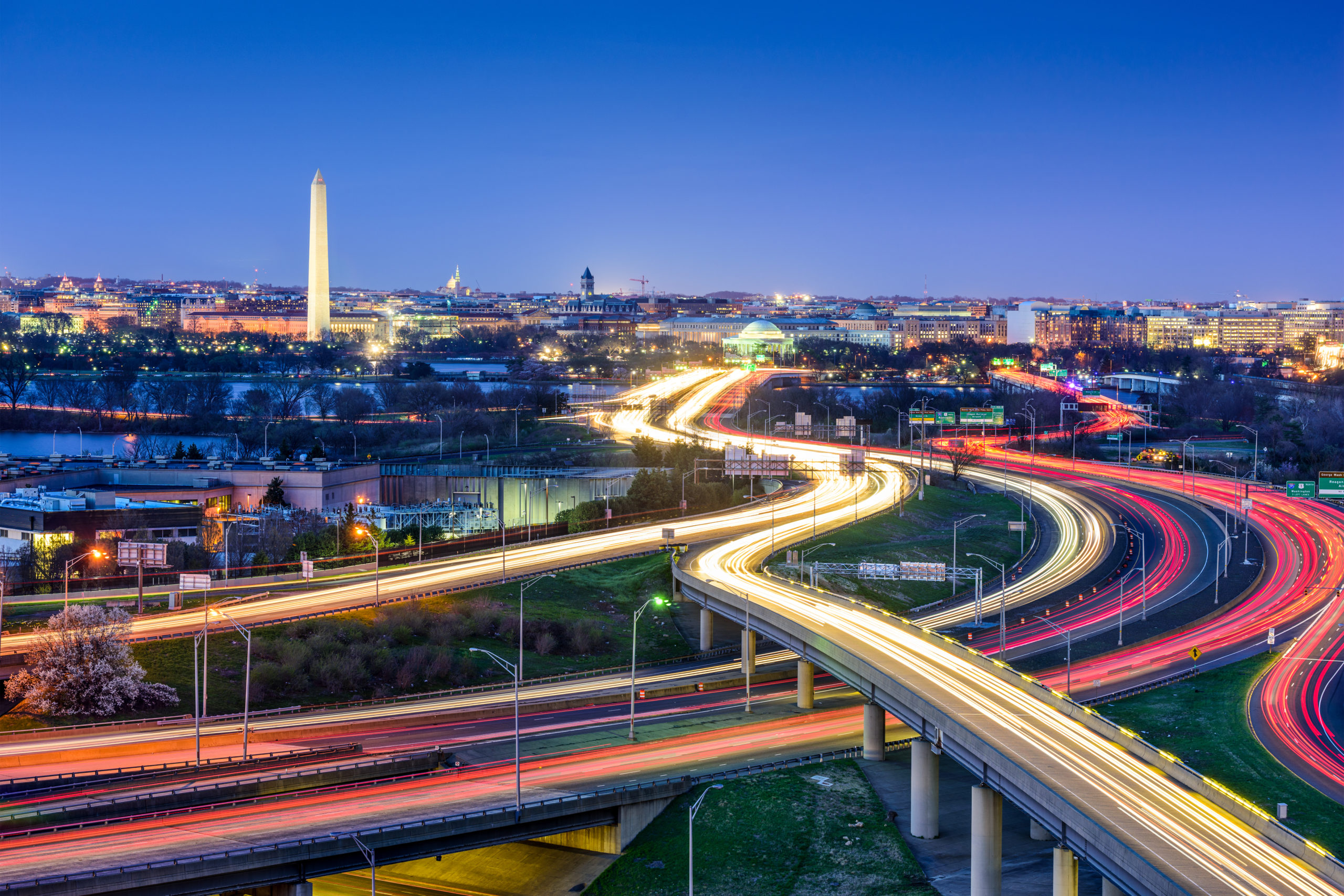
Elements of the early U.S. pandemic response can help us remember that the limits of what is possible are perhaps wider than we think.
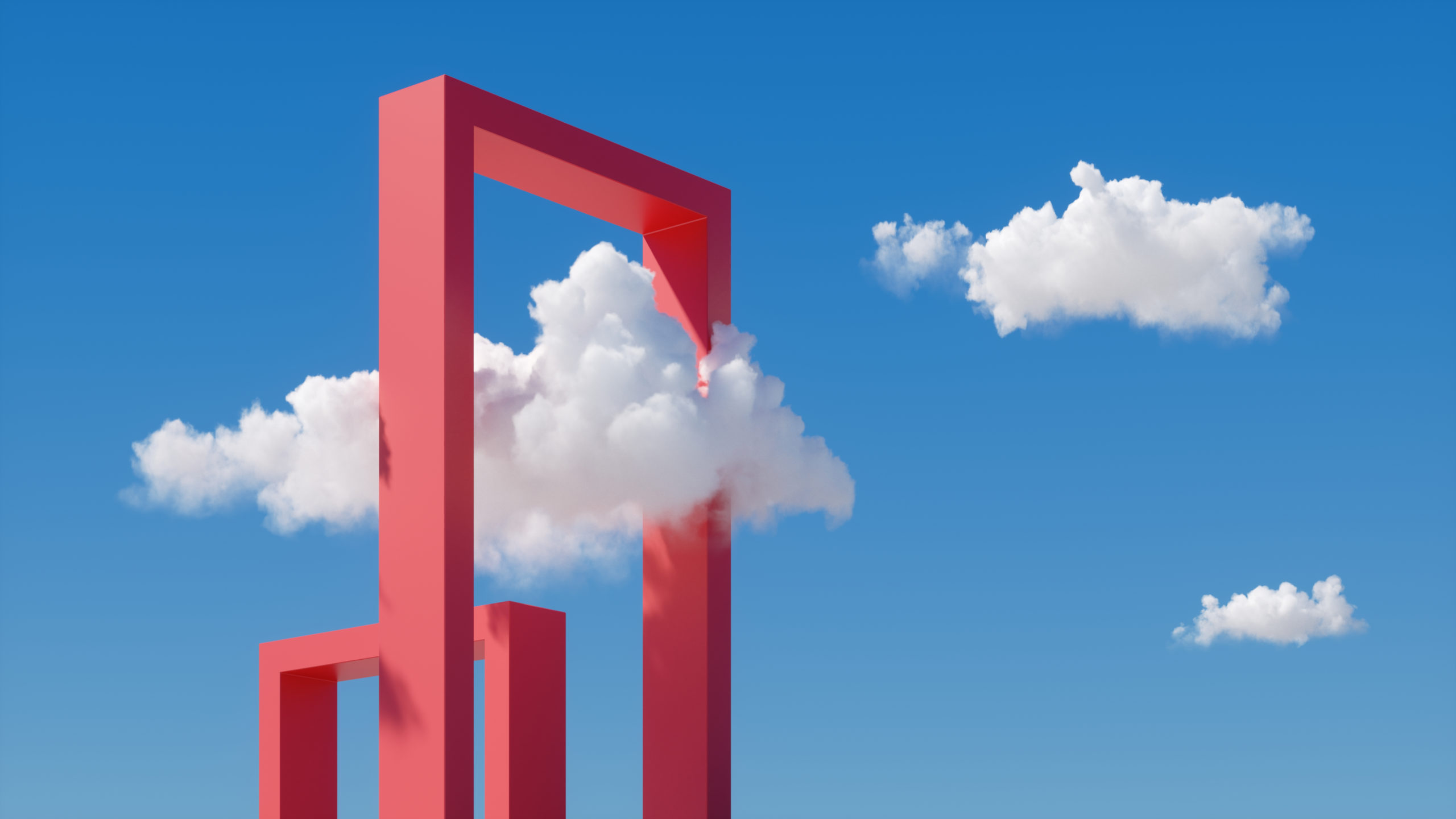
No one will have learned from COVID, or any such crisis, until we undo this fundamental, toxic relationship of health to capital once and for all.
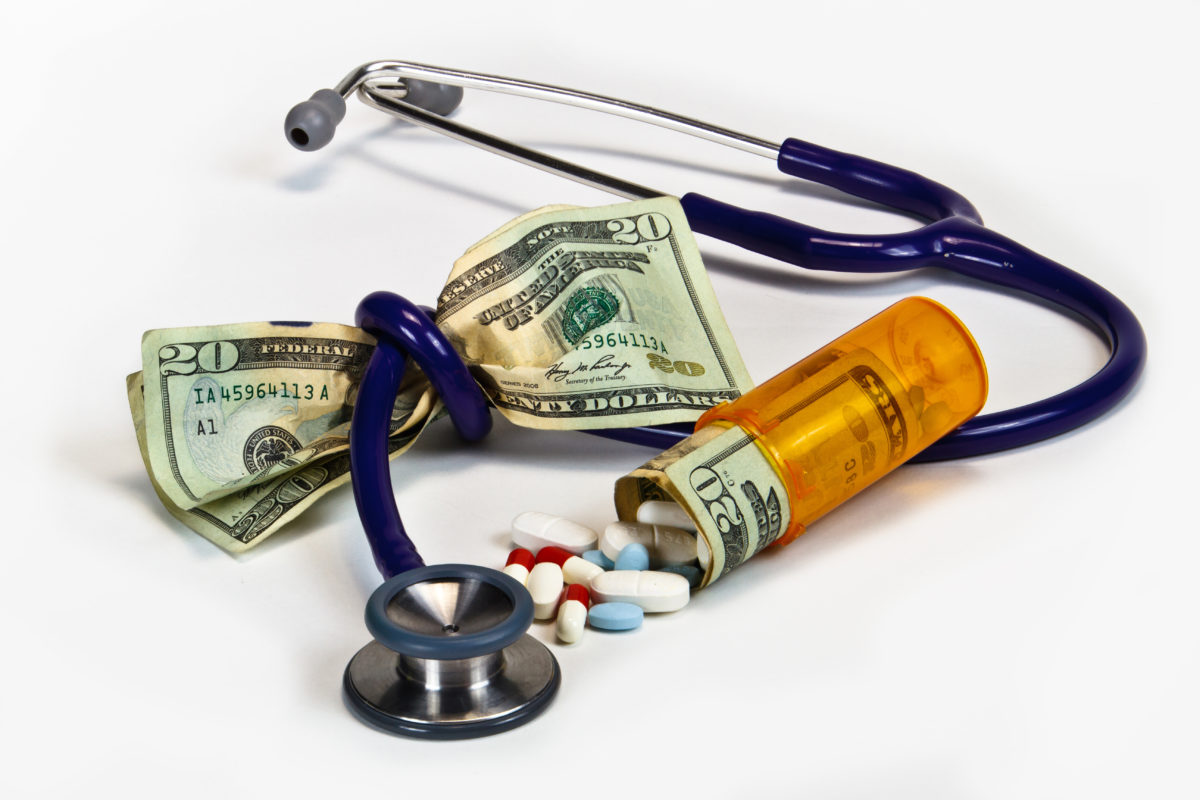
For over a year prisoners were denied our most fundamental support systems.

The nihilism that the Biden administration displays is both convenient and necessary for the personnel who help intensify the pandemic’s avoidable harms.

Efforts to monitor health outcomes of people with disabilities are woefully inadequate. This stems, in part, from widespread institutionalization.
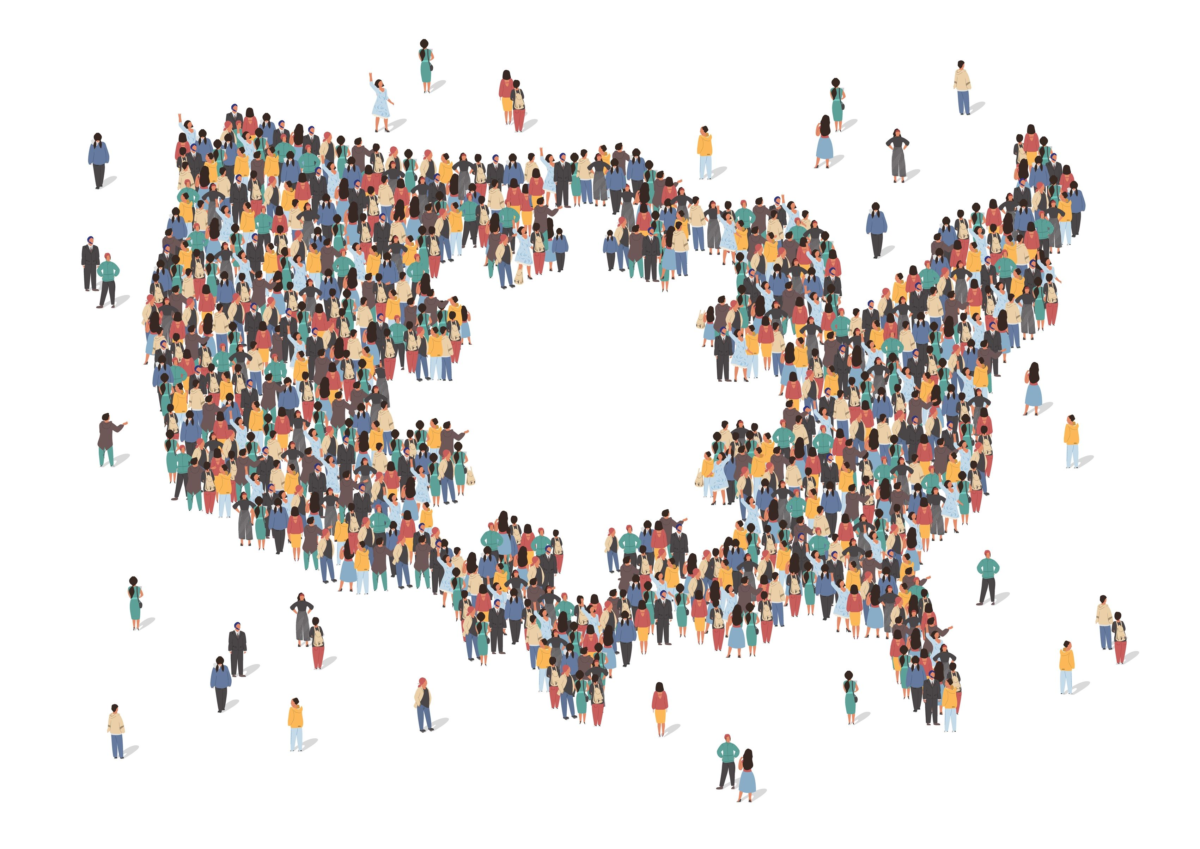
The pandemic prison is a harbinger, not an aberration, of the society that creates and maintains it.
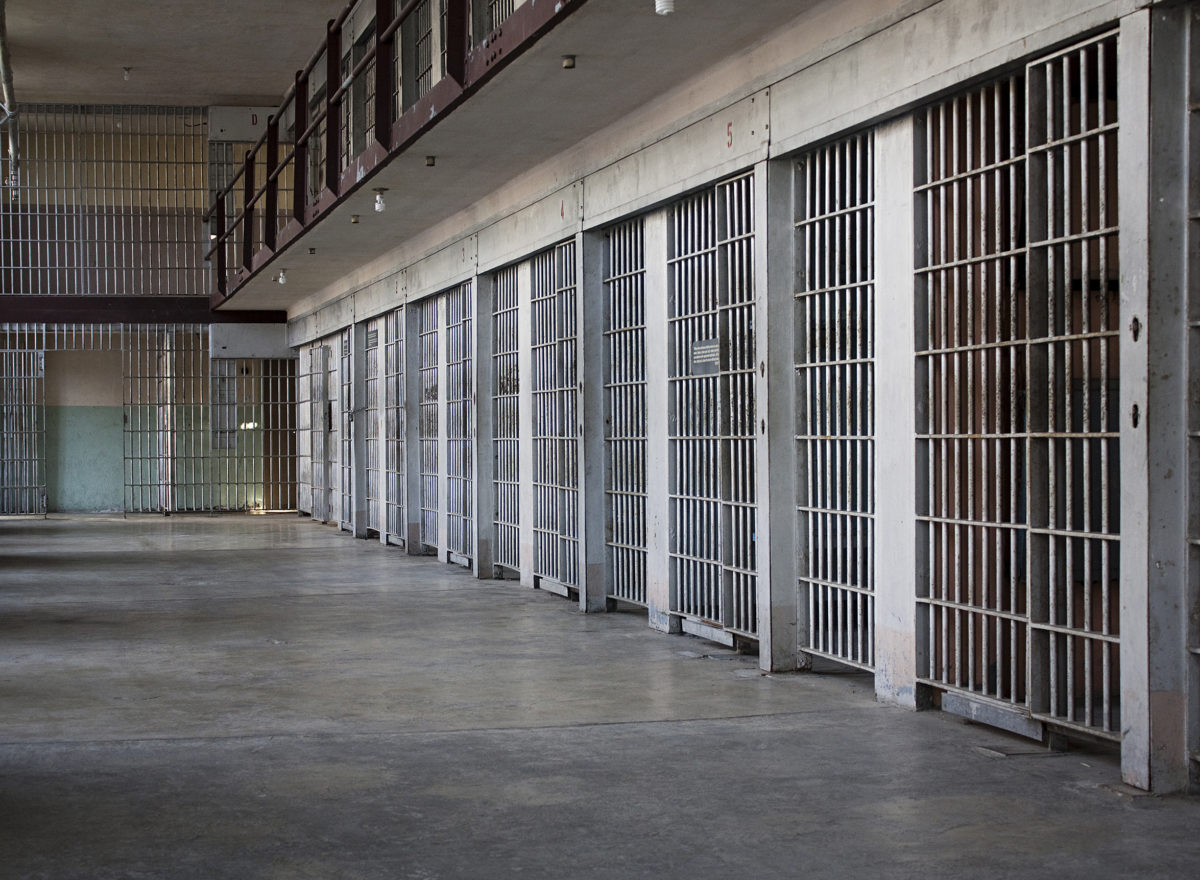
Americans are no doubt conditioned to expect spectacular failure in the face of public health crises.
